No products in the cart.
We deliver to:
🇦🇺 Australia
🇨🇦 Canada
🇨🇿 Czechia
🇩🇰 Denmark🇪🇪 Estonia
🇮🇪 Ireland
🇮🇱 Israel
🇮🇹 Italy
🇯🇵 Japan
🇲🇽 Mexico
🇵🇱 Poland
🇰🇷 South Korea
🇨🇭 Switzerland
🇬🇧 United Kingdom
🇺🇸 United States of Americaand more
We deliver to:
🇦🇺 Australia
🇨🇦 Canada
🇨🇿 Czechia
🇩🇰 Denmark🇪🇪 Estonia
🇮🇪 Ireland
🇮🇱 Israel
🇮🇹 Italy
🇯🇵 Japan
🇲🇽 Mexico
🇵🇱 Poland
🇰🇷 South Korea
🇨🇭 Switzerland
🇬🇧 United Kingdom
🇺🇸 United States of Americaand more
[category_image]
Herbion ivy syrup bottle 150 ml with measuring spoon
$22.55
Herbion ivy syrup contains dry ivy leaf extract, which acts as a mucolytic, antispasmodic and bronchodilator. The main ingredients of dry ivy leaf extract are triterpene saponins, mainly hederacoside c and alpha-hederin.
Categories: Cold and flu
Brand: KRKA
Pharmacological properties
Herbion ivy syrup contains dry ivy leaf extract, which acts as a mucolytic, antispasmodic and bronchodilator. The main ingredients of dry ivy leaf extract are triterpene saponins, mainly hederacoside c and alpha-hederin.
Alpha-hederin inhibits the endocytosis of β 2 -adrenoceptor blockers, which increases the activity of β 2 -adrenoceptor blockers of cells in the bronchial mucosa and lung epithelium. This leads to a decrease in intracellular calcium levels in the bronchial mucosa, which causes bronchial relaxation. Due to the stimulation of β 2 -adrenoceptor blockers, alveolar epithelial type II cells produce more surfactant, which leads to a decrease in mucus viscosity. Thus, expectoration and coughing are improved.
There are no data on the pharmacokinetic properties of dry ivy leaf extract.
Indication
- Acute inflammatory diseases of the respiratory tract accompanied by cough; symptomatic treatment of chronic inflammatory diseases of the bronchi.
Application
Adults and children aged 10 years: 5-7.5 ml of syrup 3 times a day (corresponding to 105-157.5 mg of dry ivy leaf extract per day).
Children aged 6-10 years: 5 ml of syrup 3 times a day (corresponding to 105 mg of dry ivy leaf extract per day).
Children aged 2-6 years: 2.5 ml of syrup 3 times a day (corresponding to 52.5 mg of dry ivy leaf extract per day).
The syrup is used using a measuring spoon with a graduation of 2.5 ml. A measuring spoon holds 5 ml of syrup, ½ measuring spoon – 2.5 ml of syrup.
The syrup should be taken in the morning, afternoon and/or evening.
Do not exceed the recommended daily dose of the drug.
While using Herbion ivy syrup, it is recommended to drink plenty of tea or other warm drinks.
The drug is taken regardless of food intake.
The duration of treatment depends on the nature and severity of the disease. Treatment usually lasts 7 days. It is recommended to take the drug for another 2-3 days after the disappearance of clinical manifestations of the disease.
Contraindication
Hypersensitivity to the active substance of the drug or other plants of the Araliaceae family or any other component of the drug; children under 2 years of age due to the risk of worsening of respiratory symptoms.
Side effects
Side effects that occur during the use of the drug are classified depending on their frequency of occurrence: very common (≥10%); common (≥1%, 10%); uncommon (≥0.1%, 1%); rare (≥0.01%, 0.1%); very rare (0.01%); frequency unknown (cannot be determined from available data).
Within each frequency grouping, adverse reactions are presented in order of decreasing seriousness.
Gastrointestinal disorders: often – gastrointestinal disorders (nausea, vomiting, diarrhea, etc.).
Skin and subcutaneous tissue disorders: infrequently – allergic reaction (urticaria, skin rash), couperosis, dyspnea.
In case of severe side effects, treatment should be discontinued.
Special instructions
Use in children aged 2-4 years – on the recommendation of a doctor. In case of shortness of breath, increased body temperature, purulent sputum, it is necessary to consult a doctor. It is not recommended to use simultaneously with antitussive drugs (for example, codeine or dextramethorphan) without consulting a doctor. It should be used with caution in patients with gastritis.
Herbion Ivy Syrup contains sorbitol (E420), so patients with rare hereditary fructose intolerance should not take this medicine. Sorbitol may also have a slight laxative effect.
If the drug is used according to the instructions, the patient will receive: up to 0.875 g of sorbitol with each dose of 2.5 ml of syrup, which corresponds to 0.073 bread units; up to 1.750 g of sorbitol with each dose of 5 ml of syrup, which corresponds to 0.146 bread units; up to 2.625 g of sorbitol with each dose of 7.5 ml of syrup, which corresponds to 0.219 bread units.
The drug contains a small amount (100 mg per dose) of ethanol.
Use during pregnancy and breastfeeding. Herbion ivy syrup should not be used during pregnancy and breastfeeding, as there is no data on the safety of the drug during this period.
Children: The drug is contraindicated in children under 2 years of age due to the risk of worsening respiratory symptoms.
Ability to influence the reaction rate when driving vehicles or operating other mechanisms. There have been no reports of the effect of the drug Herbion ivy syrup on the ability to drive vehicles or operate other mechanical devices.
Interactions
Interaction unknown. Interaction studies have not been conducted.
Overdose
Do not take doses exceeding the recommended ones. Symptoms of overdose: nausea, vomiting, diarrhea, agitation. In case of overdose, consult a doctor immediately. Treatment is symptomatic.
Storage conditions
No special storage conditions are required. Do not refrigerate.
Be the first to review “Herbion ivy syrup bottle 150 ml with measuring spoon” Cancel reply
You may also like

Rinazoline nasal spray 0.5 mg/ml bottle of 10 ml
Solpadeine Active tablets effervescent strip 12 pcs
Rated 4.00 out of 5

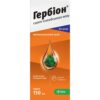
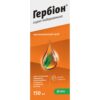
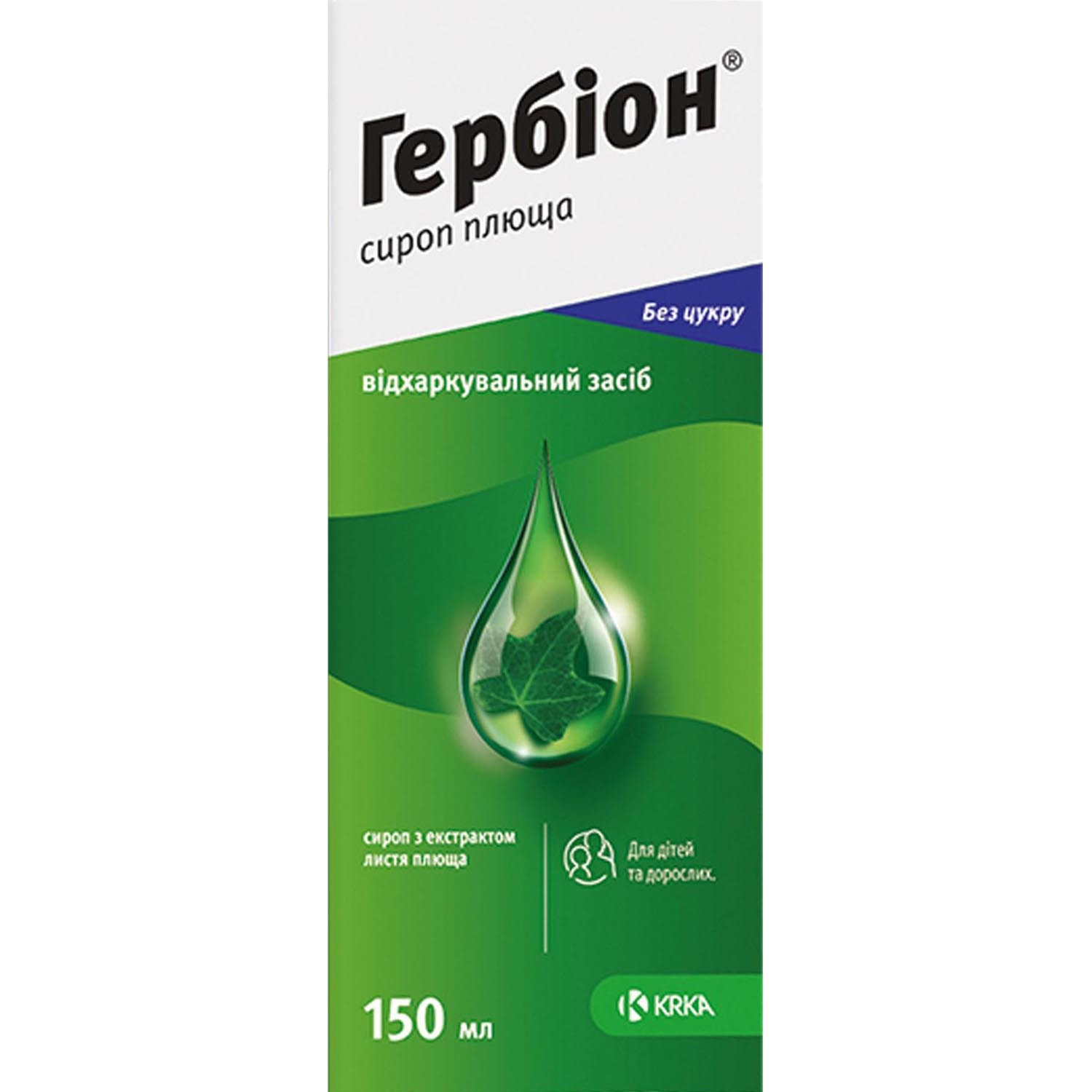
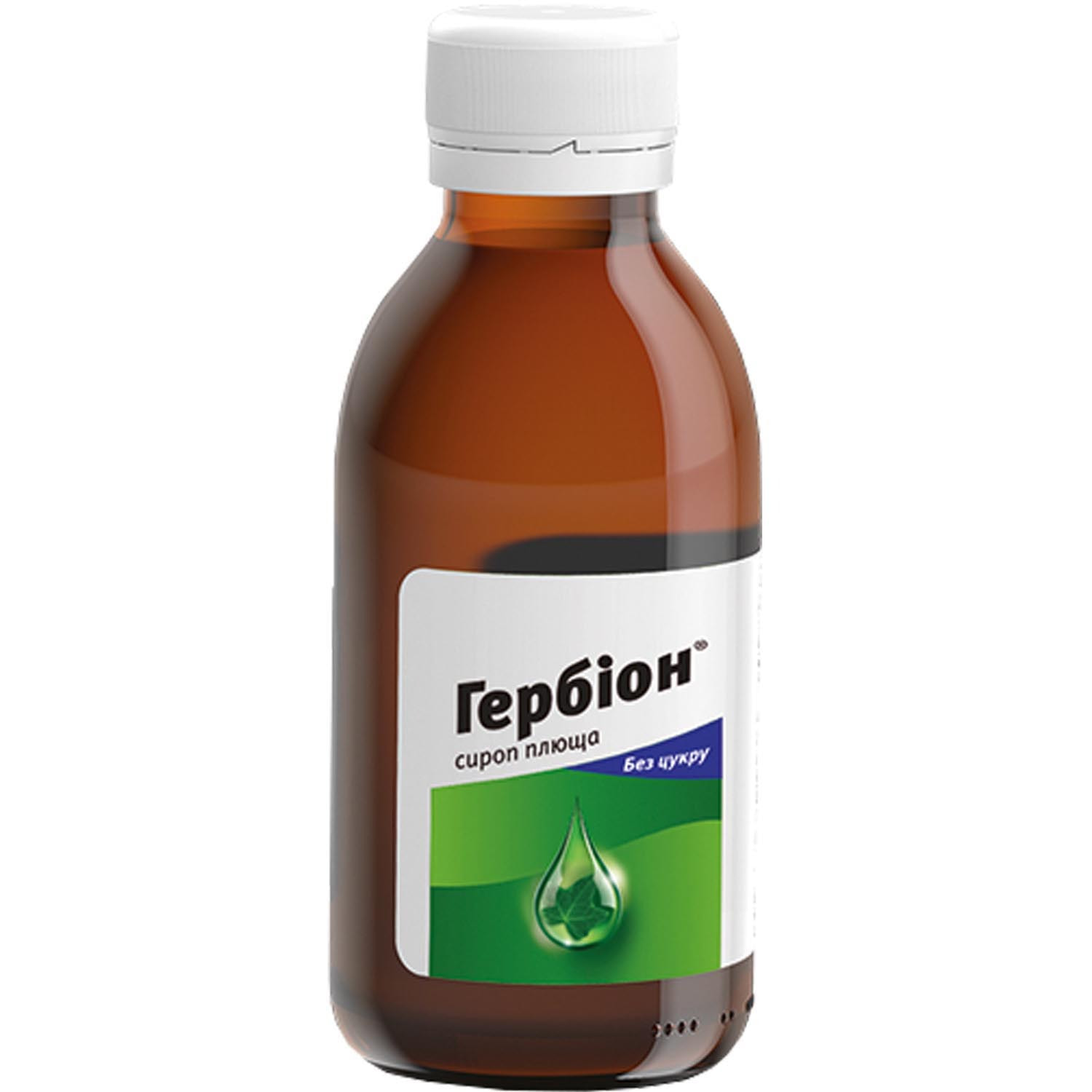


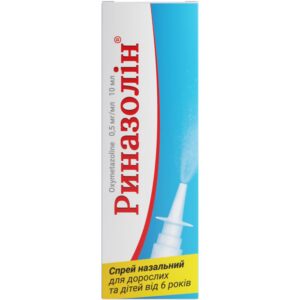
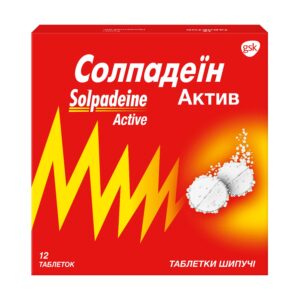
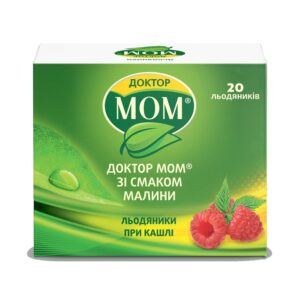
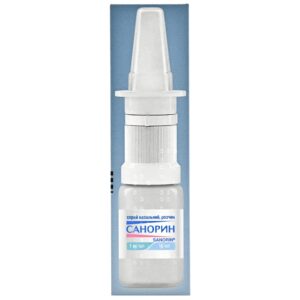
Reviews
There are no reviews yet.